Kansas homeowners associations (HOAs) are governed by state laws, primarily the Kansas Uniform Common Interest Owners Bill of Rights Act (UCIOBORA), and their own governing documents. HOAs must be organized as non-profit corporations and follow corporate law, as well as the UCIOBORA. Key aspects include the requirement for regular meetings, maintaining common areas, disclosing financial information, and adhering to the association's governing documents and relevant laws.
Key Legislation:
- Kansas Uniform Common Interest Owners Bill of Rights Act (UCIOBORA): This act, effective January 1, 2011, provides a legal framework for the management and operation of common interest communities, including HOAs, condominiums, and cooperatives.
- Kansas Corporations Code: If the HOA is organized as a non-profit corporation, the Kansas Corporations Code applies to its corporate structure and procedures.
- Fair Housing Act: Kansas has its own Fair Housing laws that mirror the federal Fair Housing Act, prohibiting discrimination based on race, color, religion, sex, familial status, national origin, or disability.
HOA Responsibilities:
- Open Meetings and Financial Transparency: HOAs must hold regular meetings and maintain financial records, making them available for inspection by unit owners.
- Reasonable Rules and Regulations: HOAs can adopt rules and regulations, but they must be reasonable and not contradict any federal, state, or local laws.
- Discrimination: HOAs cannot discriminate against individuals based on race, color, national origin, ancestry, sex, religion, familial status, or disability.
- Accessibility: HOAs must allow specially trained service animals into common areas where owners are allowed.
- Dispute Resolution: HOAs must establish a method for unit owners to communicate with the board and may require alternative dispute resolution before legal action.
Important Considerations:
- Governing Documents: The HOA's Articles of Incorporation, Bylaws, and Covenants, Conditions, and Restrictions (CC&Rs) outline the specific rules and regulations governing the community.
- Federal Laws: HOAs must also comply with federal laws such as the Fair Housing Act and the Americans with Disabilities Act (ADA).
- Local Ordinances: HOAs must adhere to local building codes, animal control regulations, and other relevant ordinances.
- Enforcement: HOAs have the power to enforce their rules, which may include fines, liens on property, and in some cases, foreclosure.
